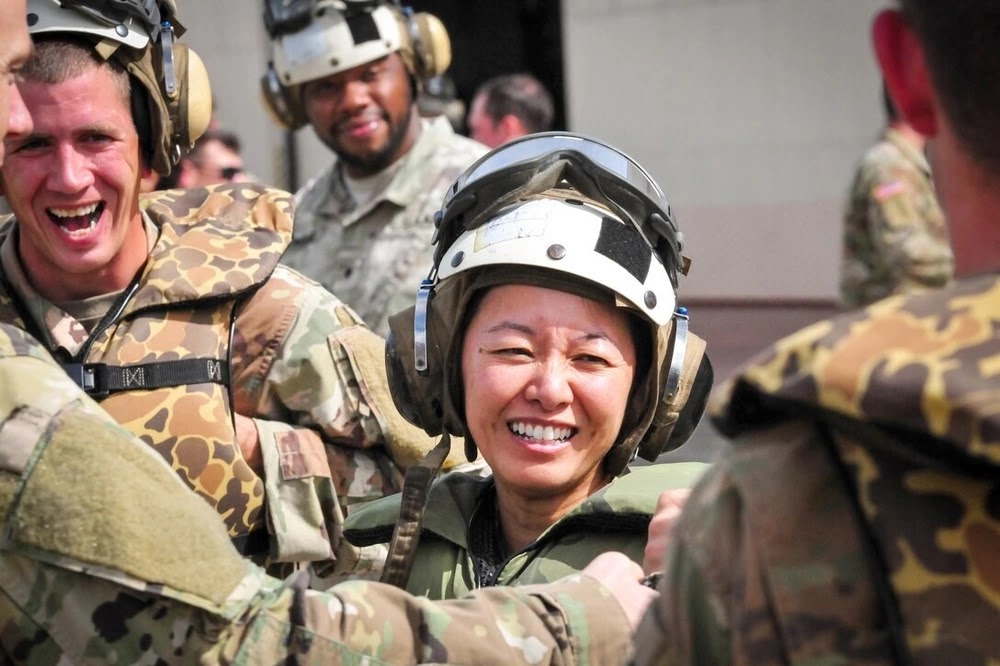KYIV/MOSCOW, July 20, 2025 – The war between Russia and Ukraine has continued to escalate in recent days with fierce fighting across the entire front line. Russia has intensified its missile and unmanned aerial vehicle (UAV) attacks deep into Ukrainian territory, while the Russian capital of Moscow has also faced consecutive nights of UAV attacks. On the logistical and diplomatic fronts, Ukraine is being reinforced with new Western weapons shipments, while Russia faces its 18th sanctions package from the European Union (EU).
Fierce Fighting and Retaliatory Strikes
The General Staff of the Armed Forces of Ukraine reported that Russia has launched a series of large-scale attacks using cruise missiles and kamikaze UAVs over the past 24 hours. The targets were spread across the country, aiming at critical energy and military infrastructure. Ukrainian air defense systems operated at full capacity to intercept the threats; however, several explosions were still reported in a number of cities.
In a notable development, the Russian capital, Moscow, has recorded UAV attacks for several consecutive nights. The Russian Ministry of Defence stated that it had shot down most of these drones and accused Ukraine of being behind the "terrorist" attacks. Although these strikes have not yet caused major damage, they have created a sense of insecurity and show that the conflict is increasingly widespread, directly affecting Russian territory.
Ukraine Strengthens its Forces with Abrams Tanks
On Ukraine's side, significant news is the arrival of the first Abrams main battle tanks as part of an aid package from Australia. This is considered an important addition to Ukraine's armored forces, helping to strengthen its defensive capabilities against Russian assaults and enhancing its potential for future counter-offensive operations. Military experts assess that integrating Abrams tanks into its forces will give Kyiv an additional advantage in technology and firepower on the battlefield.
The Diplomatic Front: EU Launches 18th Sanctions Package
On the diplomatic and economic front, the European Union has officially approved its 18th package of sanctions against Russia. This package is expected to further tighten existing measures, targeting Russia's energy, financial, and technology sectors, and adding more individuals and entities that support the war to its blacklist.
However, this move by the EU was immediately met with harsh reactions. Moscow strongly condemned it, calling it an "illegal and self-destructive" act by Europe. Notably, Russia's key trading partners, China and India, also expressed their disapproval. Representatives from Beijing and New Delhi argued that unilateral sanctions do not help resolve the crisis but rather complicate the global economic situation and harm supply chains.
The latest developments show that the conflict has no signs of de-escalating and is instead becoming increasingly complex on all three fronts: military, economic, and diplomatic, pushing both sides into an ever-fiercer confrontation.








